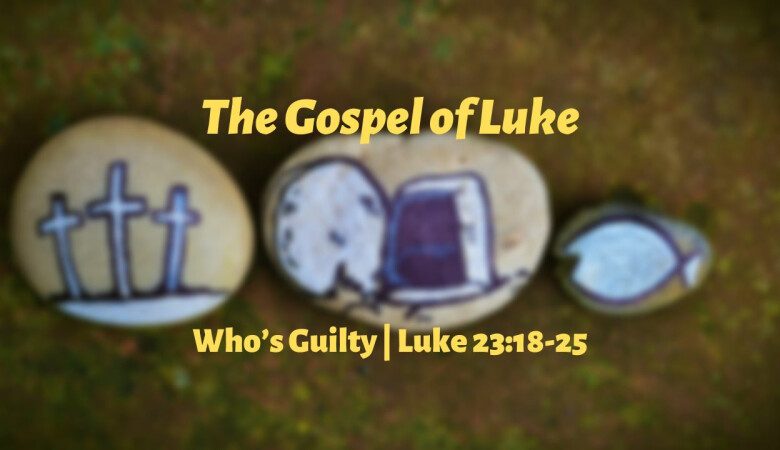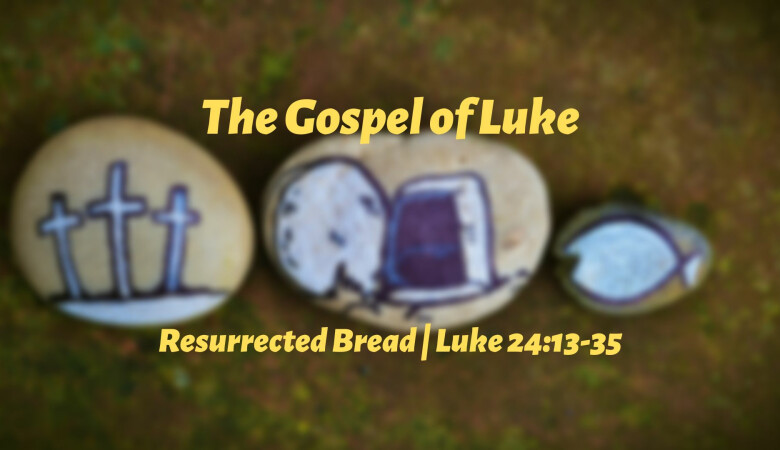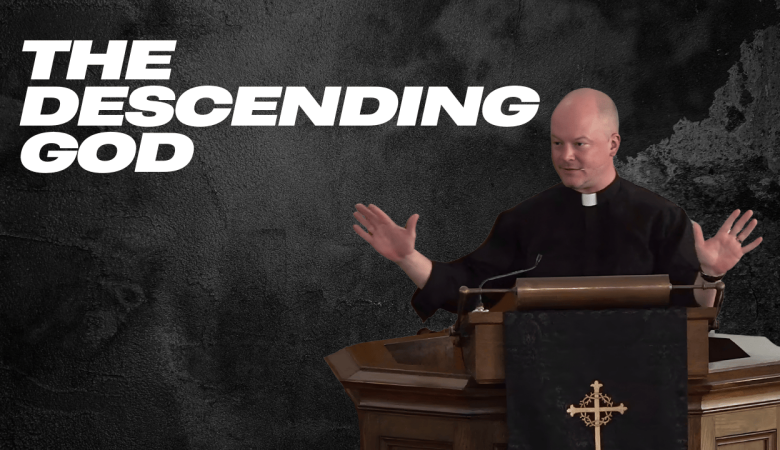Series: Luke
By What Authority?
March 12, 2023 | Peter Rowan
Passage: Luke 20:1-19
See All Sermons in This Series
Summary:
Holy Week. Jesus has spent the last three years of his life preaching the good news of the Kingdom of God (Luke 5:43) and now he has just entered Jerusalem, being the very visitation of God to bring his redemption and peace. But by what authority has he preached? By what authority has he healed? By what authority does he enter Jerusalem as a King? Well, that's the question the chief priest, the scribes and the elders want an answer to. And it's sort of the answer we all want. Who do we give authority to? Who has say in our lives and why do they have say? And should Jesus have authority? Why? What right does he have to it? Well, Jesus will give an answer, but he gives it in the form of a question and a parable, as he often does. He tells it slant, but it's clear for those who have ears to hear. He has the authority of Heaven. Heaven came down at his baptism by John at the Jordan three years earlier and he enters Jerusalem now as the one who was sent by the father to claim what is his own.
Excerpt:
In Mere Christianity. Lewis says this, he says, "I'm trying here to prevent anyone saying the really foolish thing that people often say about him: 'I am ready to accept Jesus as a great moral teacher, but I don't accept His claim to be God.'" Lewis says that's the one thing we must not say. "A man who's merely a man and said the sort of things Jesus said would not be a great moral teacher, he would either be a lunatic on the level with the man who says he's a poached egg"--who says that anyway, this is the only context where I know of anybody saying that, but it's a good image-- "or else he'd be the devil of hell, you must make your choice, either this man was and is the son of God, or else a madman or something worse, you can shut him up for a fool, you can spit at him and kill him as a demon or you can fall on his feet, and call him Lord and God, but let us not come to him with any patronizing nonsense about his being a great human teacher. He's not left that open to us. He does not intend to." What Jesus did intend to say, though, so he has all authority, his all authority. And that, as such, you must follow him completely. That his teachings and his gospel that he was teaching there in the temple long ago, and his teachings today are absolute truth, and absolutely authoritative capital T, truth is found in him alone. He is the light of the world, showing what is true and showing what is false.
Once Jesus demanded that authority, he's got to die. CS Lewis, in another book called Miracles wrote this, "an impersonal God, well and good. A subjective god of beauty, truth and goodness inside our own hearts and heads, better still. A formless life force surging through us a vast power which we can tap, best of all. But God himself alive, pulling at the other end of the cord, perhaps approaching at an infinite speed, the hunter king husband, that is quite another matter. There comes a moment when, when the children who had been playing at burglars hush, suddenly, was that a real footstep in the hall? There comes a moment when people who have been dabbling in religion suddenly draw back. Supposing we really found him. We never meant for it to come to that. Worse still, supposing he found us." See, a God who does nothing is just distant, some distant landowner, a God who demands nothing, God who we can control and maybe we can give them some relatively small investments of our time and energy or money. But largely a God who lets us be right. We're fine with that. Pretty much everybody's fine with that kind of thing. As long as your God is just for religion, just for some subjective experience for your own personal values and privately held beliefs totally fine.
Series Information

The Gospel of Luke is best described by its author in the first four verses of the book: "Many have undertaken to draw up an account of the things that have been fulfilled among us, just as they were handed down to us by those who from the first were eyewitnesses and servants of the word. With this in mind, since I myself have carefully investigated everything from the beginning, I too decided to write an orderly account for you, most excellent Theophilus, so that you may know the certainty of the things you have been taught."
















